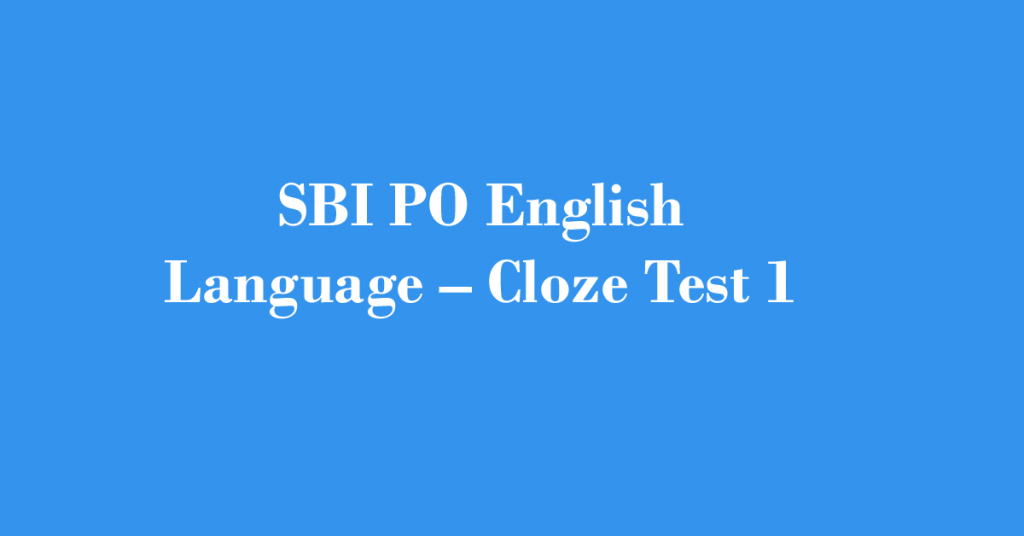10. Directions (Qs. 1-10): In the following passage there are blanks, each of which has been numbered. These numbers are printed below the passage the passage and against each, five words are suggested, one of which fits the blank appropriately. Find out the appropriate word in each case.
Man in his 1 of nature and universe has made the world 2, polluted. The air we breathe is polluted, the water we drink is 3. There is 4 felling of tress, clearing of jungles. 5 natural barriers like the mountains and drying up the oceans by way of 6. This 7 of nature by man is a grave mistake for which mankind has to pay the price. Rapid industrialisation means 8 the industrial effluents into the rivers and seas. The river water has turned murky. Marine life has been 9. The toxic chemicals have made the air that we breathe polluted. Pesticides and insecticides sprayed on plants and the chemicals and fertilizers used for 10 plant yield have poisoned our food. Hence what we eat today has high toxic 11. Nature’s plentifulness is a heritage not to be 12 with impunity. It must be conserved for future generations or its 13 will extinguish all.

![]()

![]()